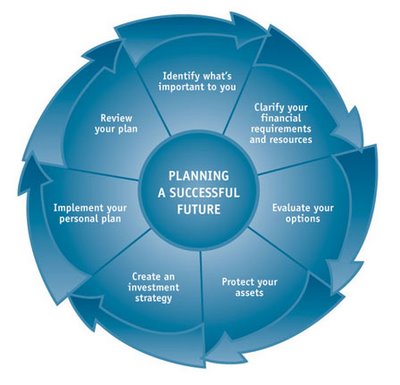
Paying taxes is a fundamental feature of daily life. We pay tax almost everytime a purchase of goods and services is made (in the form of a goods and services tax). And depending on our level of income, we pay income taxes every year. It is also likely that we have to pay tax on the returns on some investments - like the property tax on the apartment you have just bought to rent out.
What taxes do is that they reduce our disposable income and so make it more difficult for us to achieve some of our financial goals. Tax planning is therefore an important aspect of personal financial planning.
The aim of tax planning is to consider an individual's current and future income and develop strategies that will defer and/or minimise his tax payments. It is a fallacy that only high-income individuals should engage in tax planning. Managing your taxes well can lead to sizeable savings, regardless of your income level.
There are two aspects to the tax paying process. First is compliance. This includes filing the tax returns and possibly negotiating settlements with the Revenue Department. This aspect deals with the past and cannot be changed. The second aspect is planning. This deals with the future in such a way that an individual is able to arrange his or her fiscal affairs so as to minimise taxation.
There is a clear difference between tax avoidance and tax evasion. Tax avoidance is the practice of using various lawful strategies to reduce one's tax liability. Tax evasion, on the other hand, refers to illegal means of reducing taxes, such as under reporting income or overstating deductions.
No comments:
Post a Comment